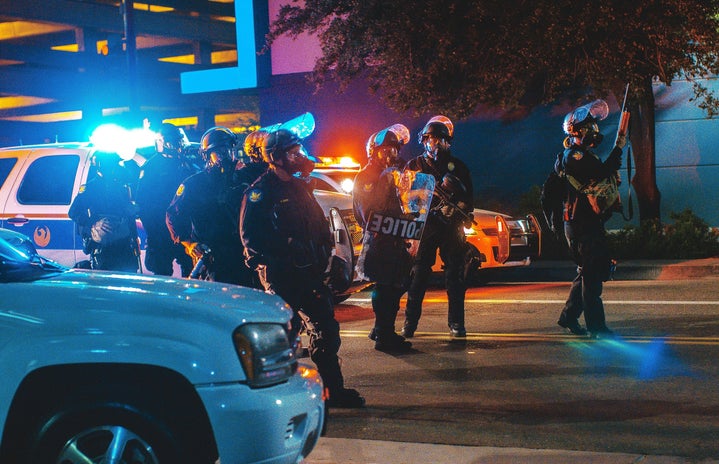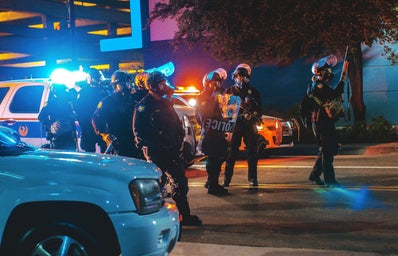One of the reasons crime statistics are so high is drug based infractions. At the moment, as few as one in five incarcerated people are locked up based on a drug related offense; 450,000 of those are nonviolent charges. However, the simple possession of a drug is not a “true” crime: addiction is a disease. No one should be in prison for a disease. Decriminalization and better access to healthcare has the potential to greatly reduce drug-related crime in the United States.
First, since the legalization of marijuana passed in the State of Maine, violent crime has decreased by nearly 10%. Similarly, violent crime has also decreased in Vermont since the legalization of marijuana. Unfortunately, this statistic does not extrapolate to all other states that have legalized marijuana, but it is a start. There is another middle ground between criminalization and legalization: decriminalization. It signifies that something is still illegal but you cannot be imprisoned for it. Oregon recently decriminalized all drugs under a certain possession amount, punishable through civil citation. The people of Oregon will no longer be imprisoned for their addictions, and instead will be able to access the healthcare they desperately need.
Second, studies have shown that access to healthcare reduces crime. A big part of that is addiction treatment. As of right now many facilities operate understaffed with low funding, pushing people to their limits, which in turn reduces the quality of care people with addictions receive, restricting the recovery process. There are two main reasons why healthcare/addiction recovery aids in reducing the crime rate. The first is that with less people active in their addictions, there will be less drug induced violent paroxysms. The second is that there will be fewer financially motivated crimes, such as theft, because they would no longer be attempting to fuel the addiction. However, due to the fact that drugs are criminalized in the majority of the United States, not very many people are open to and/or able to get the help they need. These centers are underfunded for a multitude of reasons, but ultimately many neighborhoods fear that allowing one to come in would attract criminals to the area and harm people. This is fairly baseless, but there is strong evidence that when a treatment center opens the surrounding neighborhoods get safer. The majority of folks who have an addiction do not have access to health insurance or the money to pay out of pocket. This makes addiction treatment unaffordable even if they are willing to undertake it. When medicare was expanded and the number of people receiving drug treatment went up, it was found that violent crime was reduced by 5.8 percent and property crime by 3 percent.
By decriminalizing drugs and allowing for better access to healthcare, crime would decrease. It would start slowly at first, but would pick up the pace as time went on. Addiction should not lead to imprisonment because the disease is never effectively treated, and you would not arrest someone for having depression and/or anxiety. These people need all of the kindness the world can give them, and in turn violent, drug related, and finance related crimes would all decrease.
Sources:
https://www.prisonpolicy.org/reports/pie2020.html
https://doi.org/10.36009/PA.908
www.brookings.edu/blog/up-front/2018/01/03/new-evidence-that-access-to-health-care-reduces-crime/

